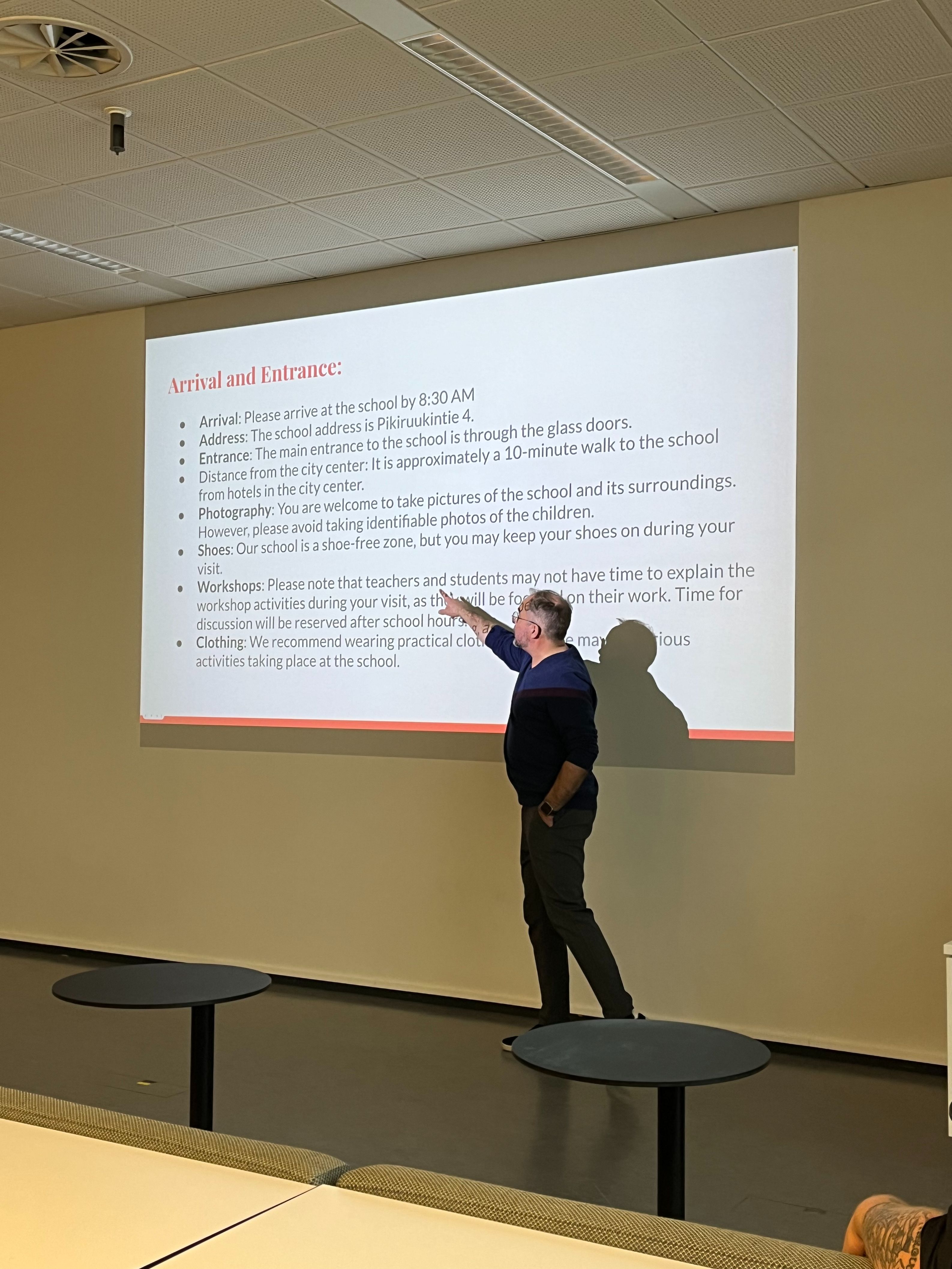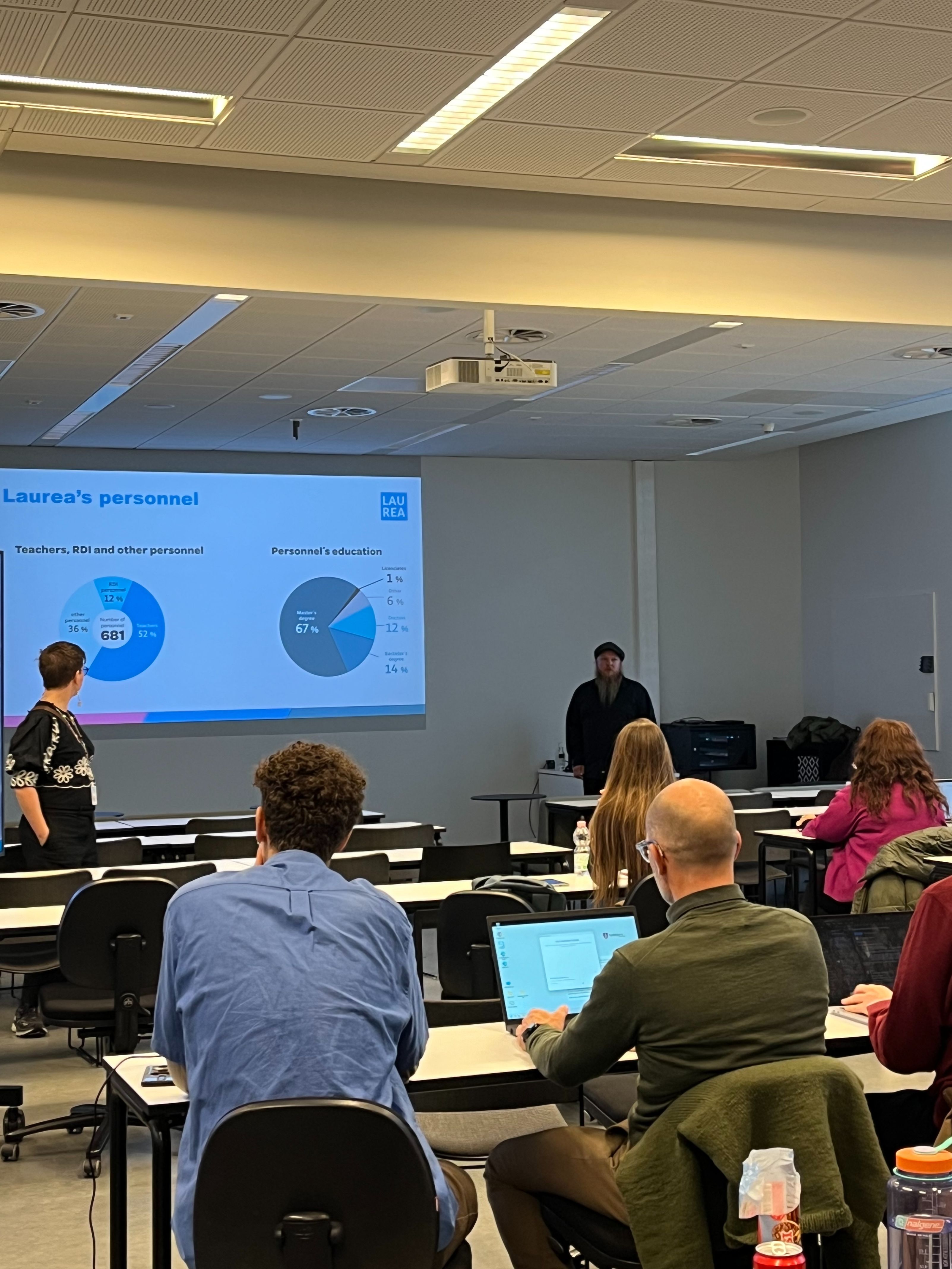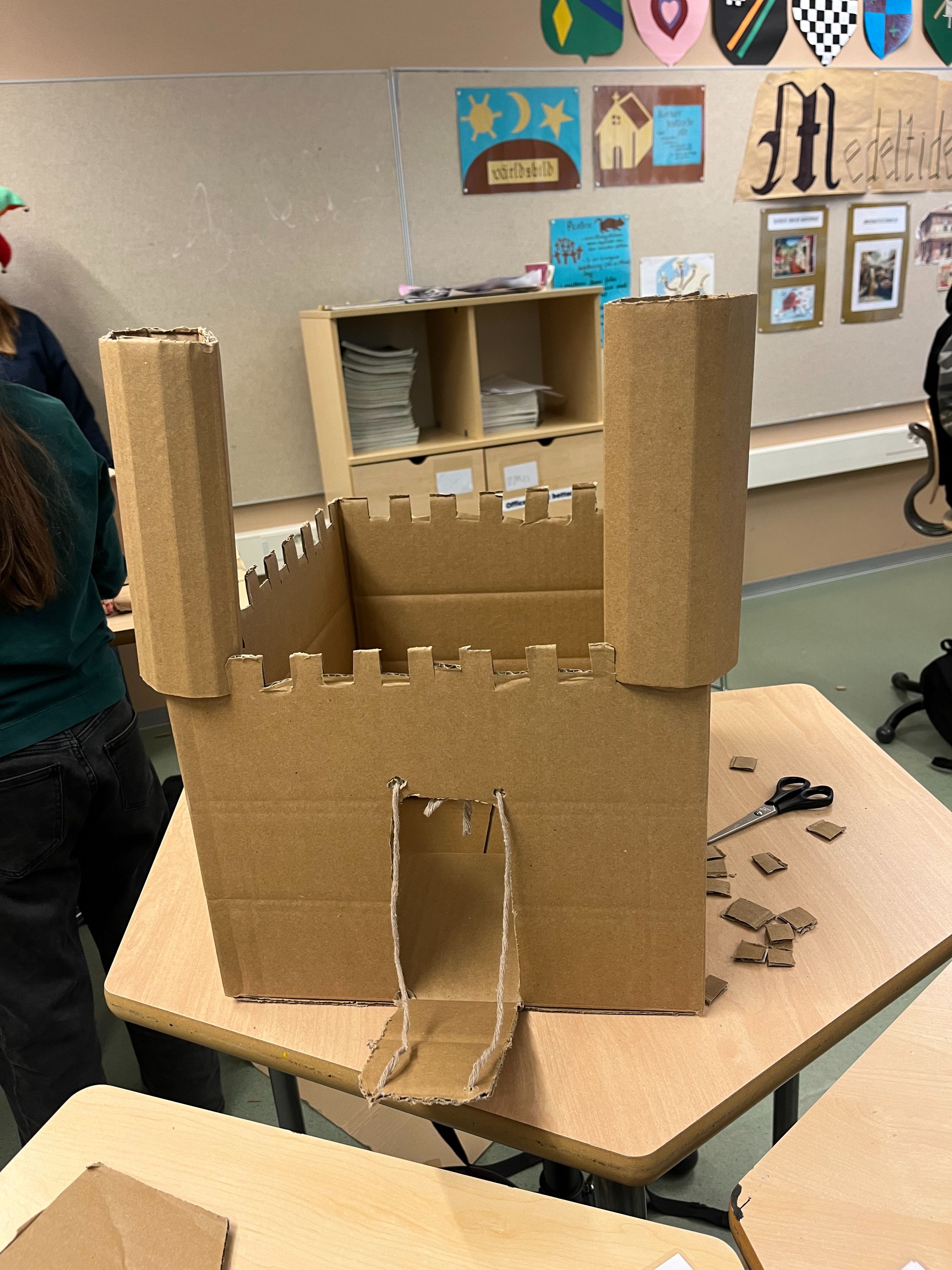This website use cookies to ensure you get the best experience on our website
Partners from Teacher Academy, Erasmus+, 21st Century European Teachers project met in Finland for the second co-education development lab.
All the project partners met for the second time in person at different locations from the University of Helsinki to Laurea University of Applied Sciences to our lovely partner school Hollihaka in Kokkola and finally at the Chydenius University Consortium in Kokkola. The second Co-education development lab was dedicated to the topic of playful learning and the implementation of the co-creation model to Finnish education context.

The event began with an optional tour of the Playful Learning Centre at the University of Helsinki. Participants were warmly greeted by Jonna Kangas, who introduced them to the Playful Learning Laboratory, setting an exhilarating tone for the days ahead.
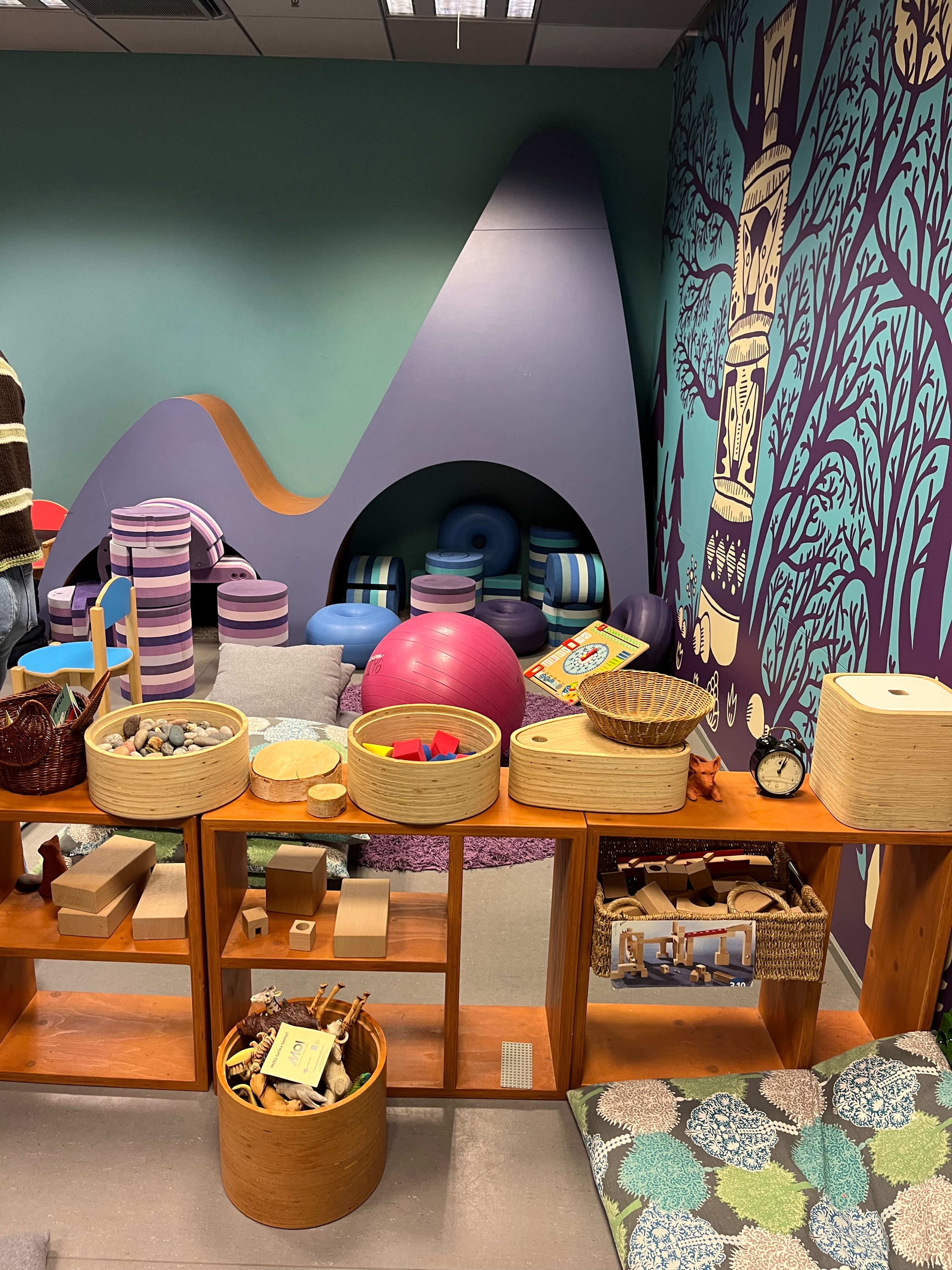
The first day featured a series of engaging presentations. Pertti Kuosmanen provided an overview of the Finnish school system, showcasing its distinctive features and achievements. Subsequently, Merike Kesler discussed the structure of teacher education in Finland, underscoring the significance of continuous professional development and the benefits of the co-teaching model, a recurring theme throughout the visit.
Following an educational morning, participants travelled to the Laurea Tikkurila Campus in Vantaa. Here, they attended a presentation on digitalization efforts at Laurea by head of digital development Mikael Uusi-Mäkelä and were introduced to Laurea and the campus. After a nutritious lunch it was time to familiarise themselves with Hollihaka School's approach and learn about what would take place the following day as the co-teaching model was implemented in the Finnish context.
This valuable information was provided to participants by Pertti Kuosmanen, the school’s principal. Following the informative session with Pertti, it was time to board a train bound for Kokkola, where participants would have an exciting opportunity to observe the implementation of the co-creation model in action at Hollihaka School over the coming days.
On the second day, participants enjoyed a refreshing and energising walk to Hollihaka School. This visit provided a hands-on experience of the co-creation model in practice, along with an insight into daily life in Finnish schools. Attendees observed various classroom activities and workshops, gaining valuable insights into the real-world application of the co-teaching part of the co-creation model. The day at Hollihaka School was filled with diverse and engaging activities across different grade levels, each designed to provide a unique learning experience:
- Grade 1: Students participated in Moomin-themed workshops, including creating bookmarks, engaging in physical games, and exploring fairy tales through a sea journey in the library.
- Grade 2: The theme was “Troll Forest,” where students engaged in workshops that combined mathematics, environmental studies, and physical education, along with sensory and art activities.
- Grade 3: Focused on traffic safety, students rotated through stations learning about reflectors, cyclist and pedestrian traffic rules, and traffic signs through interactive activities.
- Grade 4: Activities revolved around Finnish literature, with workshops on building environments from stories, exploring character strengths, creating plays, and writing letters to characters.
- Grade 5: Themes included sustainable development and Everybody’s Rights, with hands-on activities teaching conservation, recycling, and responsible consumption, as well as a checkpoint game and animation creation.
- Grade 6: Students explored their hometown, Kokkola, through urban orientation activities, made videos and learned about medieval Europe by constructing castles and moulding medieval foods.
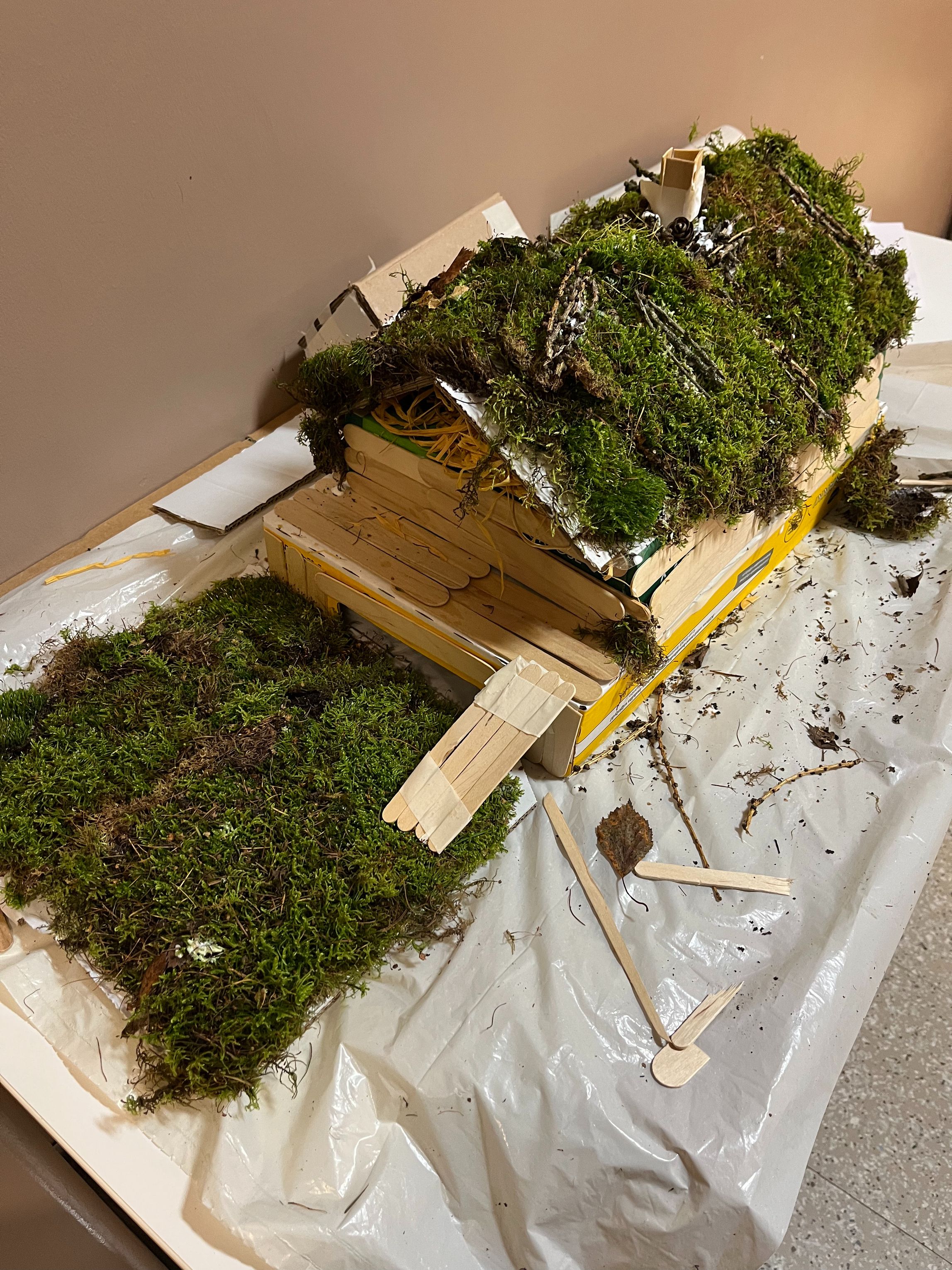
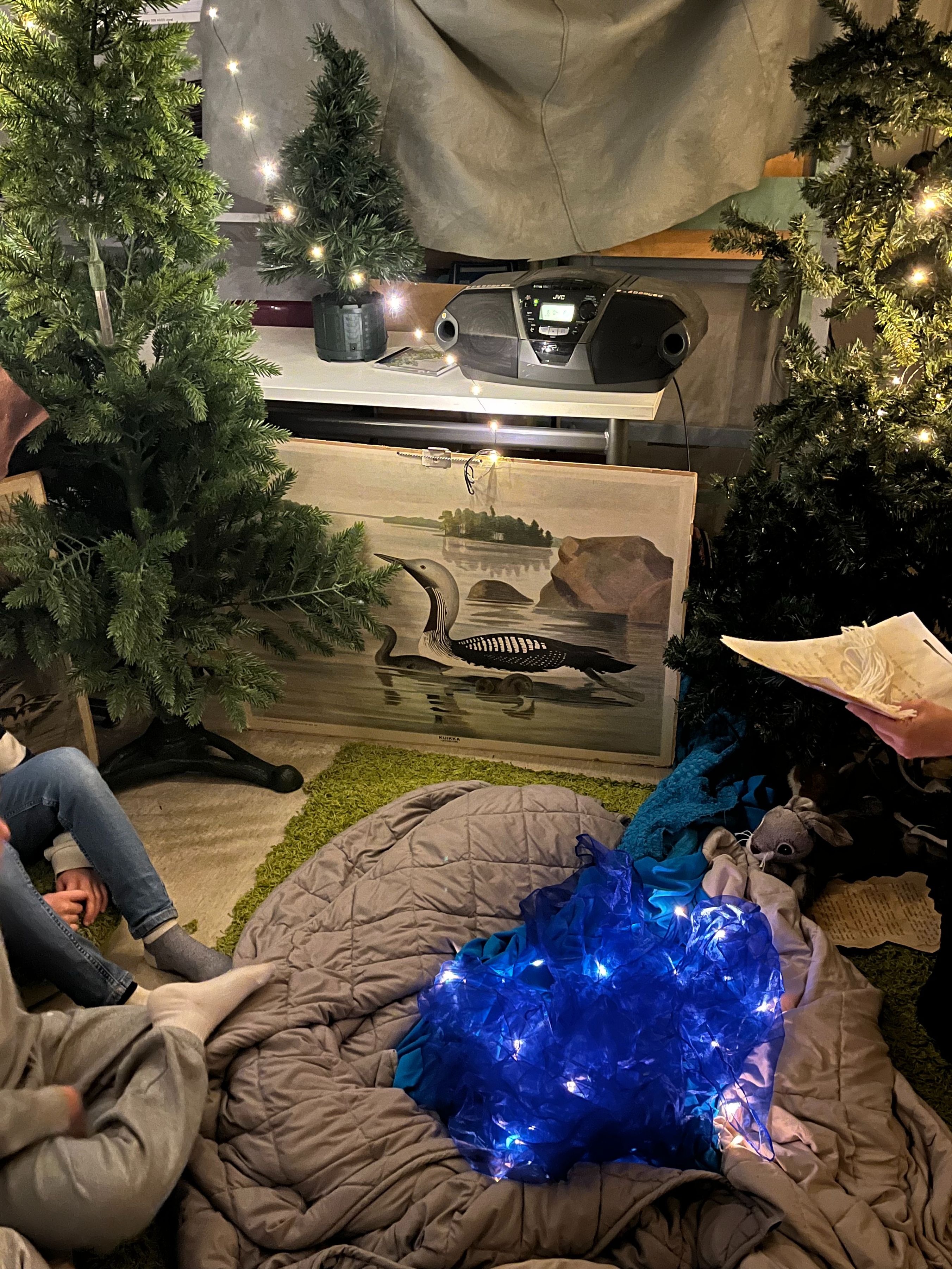
Each workshop was designed to foster playful learning teamwork, creativity, and practical skills, providing participants with a comprehensive understanding of the co-teaching part of the co-creation model in action.
The participants actively observed the workshops through a playful learning perspective. Their observations were guided by a specially designed form, which included questions on the role of teachers in the workshop, elements of playful learning, student participation, and space for participants’ own questions about the workshop activities.
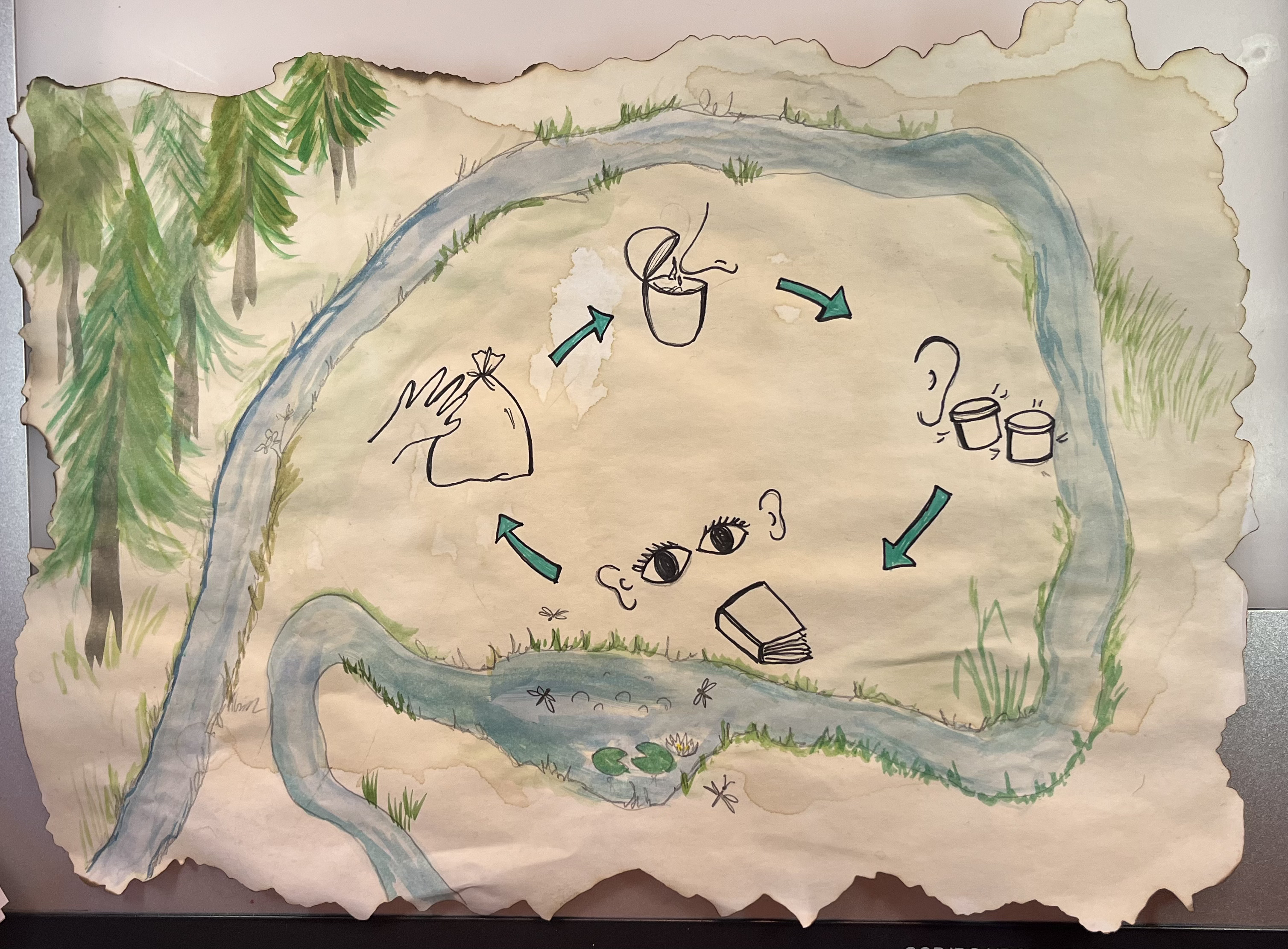
The day concluded with a reflection session, where participants shared their observations and, together with the school’s teachers, discussed potential adaptations for their own educational contexts. After a long-anticipated day at the school the participants treated themselves with a dinner at a local restaurant.

The final day began at the Chydenius University Consortium in Kokkola with an introduction to the consortium. This was followed by a debriefing on the co-creation process and experiences from the previous day. Participants then concentrated on the co-education model, with sessions dedicated to examining the data needed to further develop the approach. Following this, the participants attended two parallel sessions: one for active project participants and one for teachers and students. Teachers and students engaged in a workshop on creative problem-solving, while others addressed project-related topics, including the upcoming study visit, lessons learned, next steps in the project, and project MOOCs. After a nice lunch, group photo and a coffee break it was time to close the day and start travels back home.
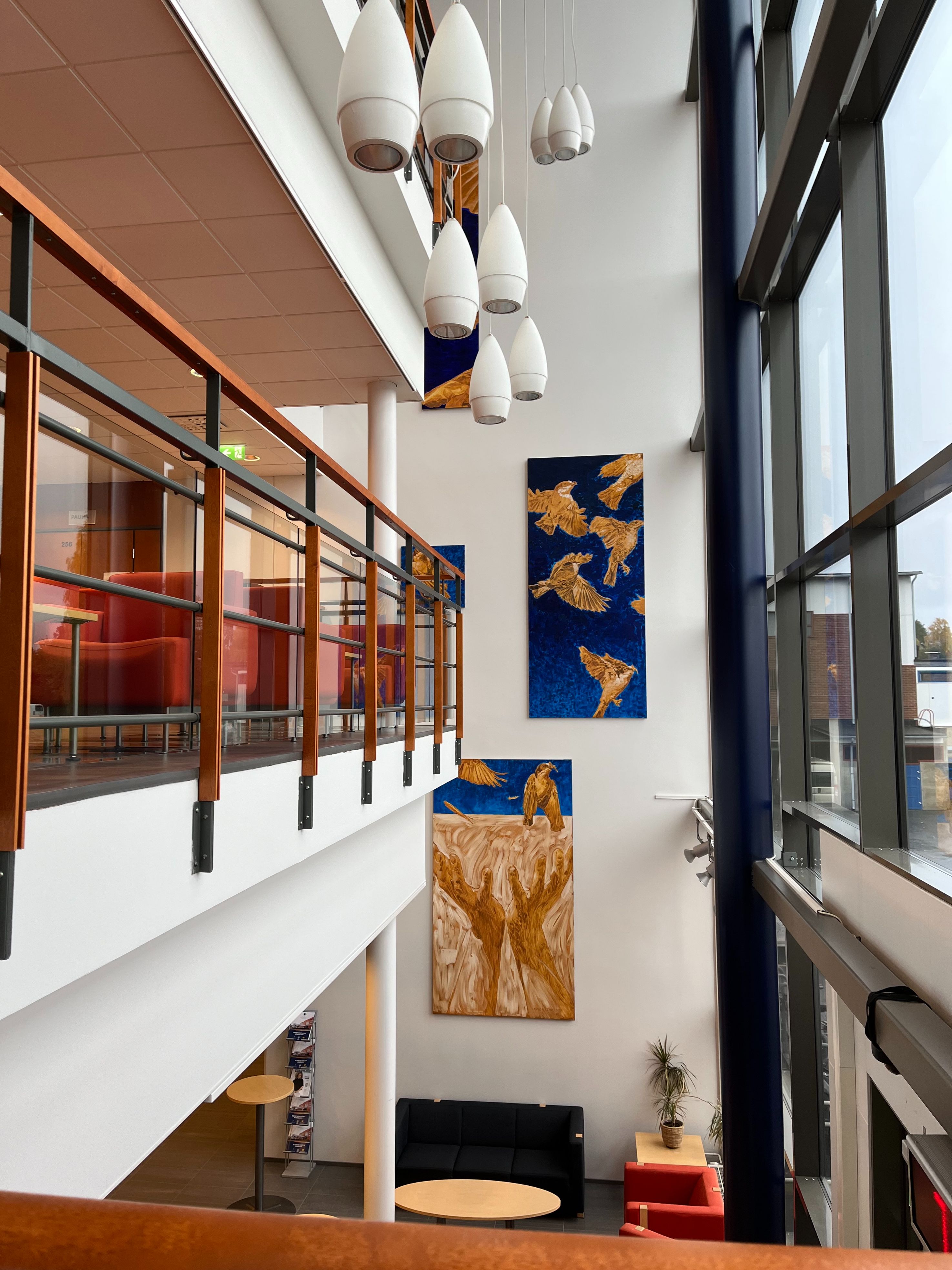
In summary, the 21st Century European Teachers study visit to Finland was immensely successful. It facilitated a platform for educators to learn from one another, share best practices, and explore groundbreaking teaching approaches. The emphasis on playful learning, digital pedagogy, and the co-teaching model highlighted Finland's innovative stance on education. As attendees return to their home countries, they carry newfound insights and inspiration to enrich their own teaching methodologies and carry out the good work in the project!
Thank you for accompanying us on this journey through the 21st Century European Teachers visit to Finland. We hope you found it as informative and enjoyable as we did!

Funded by the European Union. Views and opinions expressed are however those of the author(s) only and do not necessarily reflect those of the European Union or the European Education and Culture Executive Agency (EACEA). Neither the European Union nor EACEA can be held responsible for them.
